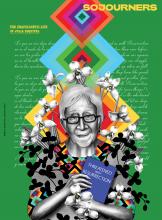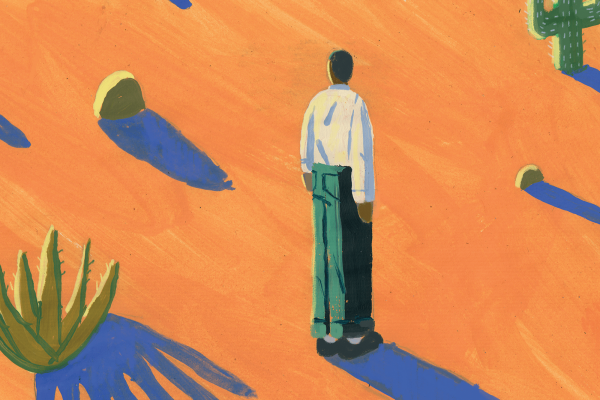LENT IS A season of introspection and reflection as we prepare for Easter. By observing the 40 days of Lent, we replicate Jesus’ sacrifice and withdrawal into the desert for 40 days.
When I was 16, my mom accepted a new job at the University of Arizona, and my parents made the untimely decision to uproot our family and move from the Pacific Northwest to the Arizona desert just before my last year in high school. As a result, I know something about deserts.
Deserts are not simply physical places—they are also spiritual and emotional seasons in our lives. What the physical desert does to the body, the spiritual desert does to our soul, making us feel drained and depleted. In moments of spiritual desert, we can feel disoriented and alienated from God. St. John of the Cross referred to these as dark nights of the soul—times when “we feel a spiritual drought and estrangement from God.”
Nations can also go through what feel like periods of desert. America seems stuck in a dire one now. The current political crisis represents a test of our democracy and of the witness of the church. U.S. Christianity is also facing desert times as younger Christians abandon the church in record numbers.
Read the Full Article

